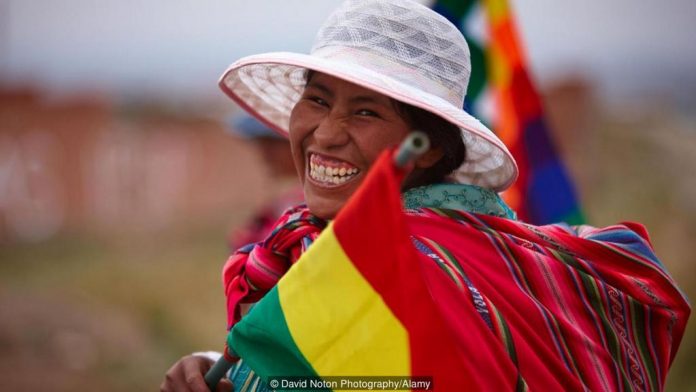
Residents of Bolivia, Guatemala, Iraq, Cambodia and the Philippines explain what it’s like to live in a highly expressive culture.
Written by Lindsey Galloway
GDP may be used to measure a country’s economy, but it doesn’t tell you what it’s like to live in a certain place. That’s partly why Bhutan chooses to measure GNH, or Gross National Happiness, instead.
To address the intangible factors that make up a country and its people, Gallup regularly conducts a Global Emotions Report. The survey, which covers 148 countries, aims to see how often residents feel positive or negative emotions on a day-to-day basis, resulting in data that illustrates where in the world people are more likely to laugh – or experience anger.
Based on the latest report, Latin America holds the majority of the world’s most emotional countries, with Iraq, Cambodia and the Philippines also in the top 10. We sought out residents in these countries to find out what it’s like to live in a place where feelings – both good and bad – run high.
Bolivia
Topping the Gallup index, Bolivia reported that nearly 60% of residents feel positively or negatively in a given day.
“People tend to be warm, open, curious and welcoming,” said Pauline Kucharew, originally from Canada, who lived in Sucre last year. That said, the country is less frequented by tourists, so many residents – especially in rural areas – are shy.
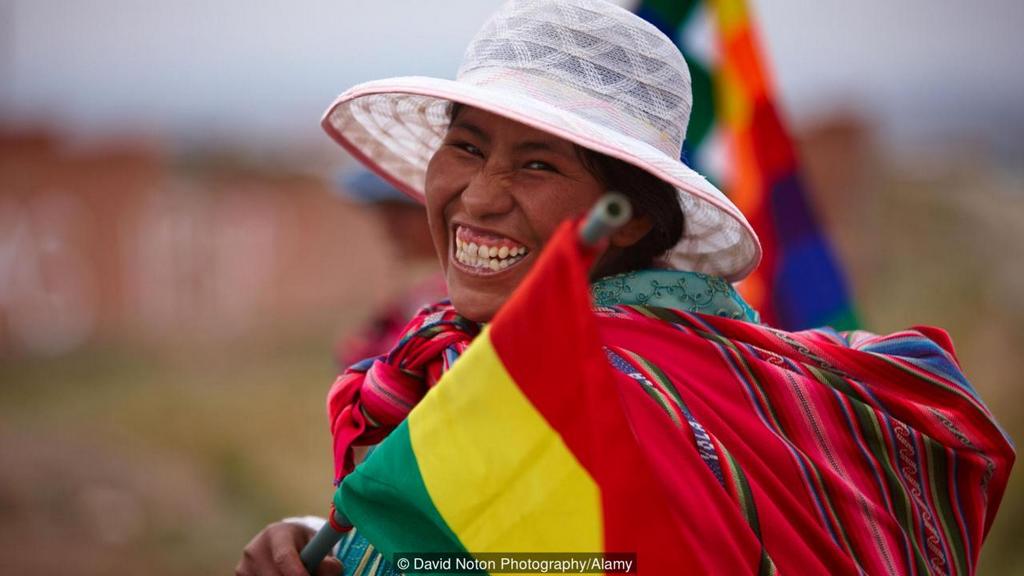
The lack of a developed tourism industry (unlike in neighbouring Peru) actually comes from a place of pride. Residents are curious about foreigners, but “they don’t necessarily like to put tourists ‘above’ them per se,” Kucharew said. This creates a unique culture where travellers who do come to Bolivia often stay for weeks or months, as opposed to days.
This is particular true in Sucre, one of the country’s safest cities, which has a small expat community of mainly English and Germans running bars, restaurants and language schools. As a university city, Sucre also has a lively nightlife scene while school is in session. “Sucre is a colonial city with a bit of a European feel, which makes it quite comfortable as an expat,” Kucharew said.
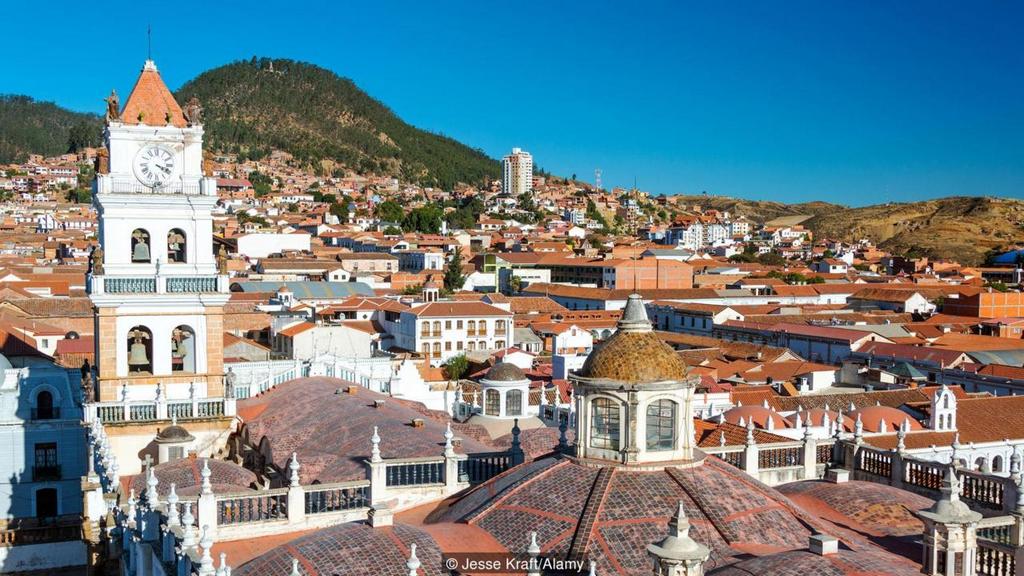
Cambodia
Historical trauma has left its mark on Cambodia, with many residents still remembering the genocidal reign of Pol Pot and the Khmer Rogue, when more than 20% of the country’s population was killed. Though the associated emotions can still feel fresh even 40 years later, residents don’t always share those feelings easily.
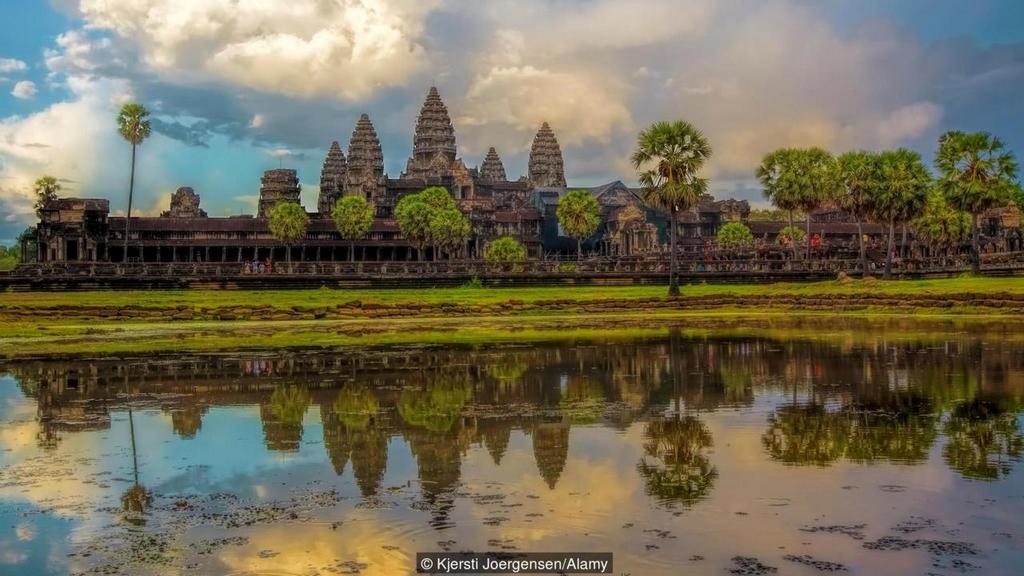
“Cambodians are very emotional people, but many people, especially the elder generations, have learnt to hide their real emotions,” said Kounila Keo, originally from Phnom Penh and author of the Blue Lady Blog. “Unfortunately they can’t explain or express those emotions to outsiders or the public.”
Despite this heavy psychological toll, residents are extremely friendly and welcoming to outsiders. “Everywhere I go, I meet people who say that they love Cambodia/Phnom Penh because of how kind and friendly Cambodians are,” Keo said. She also mentioned how easily Cambodians smile, especially when compared to people of other nationalities.
Colombian-Canadian Carolina Borras, who lived in Siem Reap last year and writes the Inspired Nomads blog, found the same to be true. “Even as I turned down the touting from tuk tuk drivers and others, they would smile,” she said. “I was able to create some friendships with locals simply because they were so open to the experience.

She explained that locals were always willing to make jokes and invite her to places and events. “We’d laugh and even lock arms together and dance at bars and clubs,” she said. It made me think of my time in Colombia, because that’s kind of how my cousins and I are together. Always animated with lots of energy.”
Most expats move to the capital Phnom Penh, located in the southern central part of the country, or to the tight-knit community of Siem Reap, 300km to north. While very affordable, both cities suffer from street crime and road accidents, so residents keep a constant awareness of their surroundings.
The Philippines
This island nation was the only non-Latin American country in the Gallup index’s top five – but the parallels may be more than just coincidence.
“There are certain similarities between the Filipino culture and the Latin American culture,” said Steven de Guzman, from just north of metro Manila. “After all, both were under Spain for a long time, so I would say that in terms of being ’emotional’, they are both up there.”
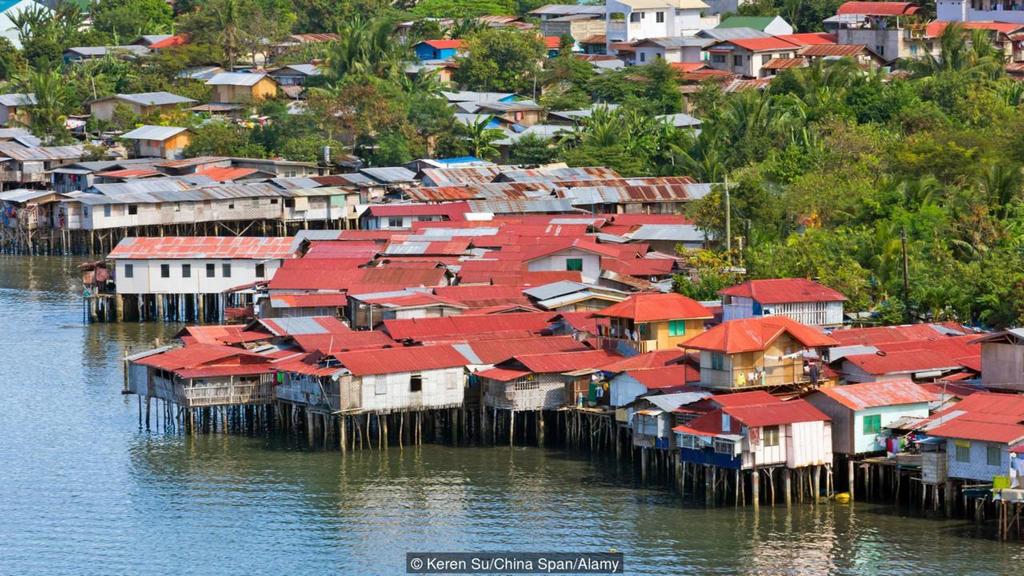
The country and its culture are a unique combination of east and west, and though Filipino and English are the official languages, it’s common to hear a wide range of accents and occasional Spanish words.
Though felt deeply, negative emotions in the Philippines aren’t always expressed easily or in a straightforward way. “Because we are emotional, we tend to hide if we don’t feel good about a person, things or events,” said Philippines native Ulysis Cababan who works for RapidVisa in Cebu City. “We tend to keep it in, or worse, we talk about it to other people, creating gossip. I think you are not from Philippines if you are not into chika-chika [gossiping].”
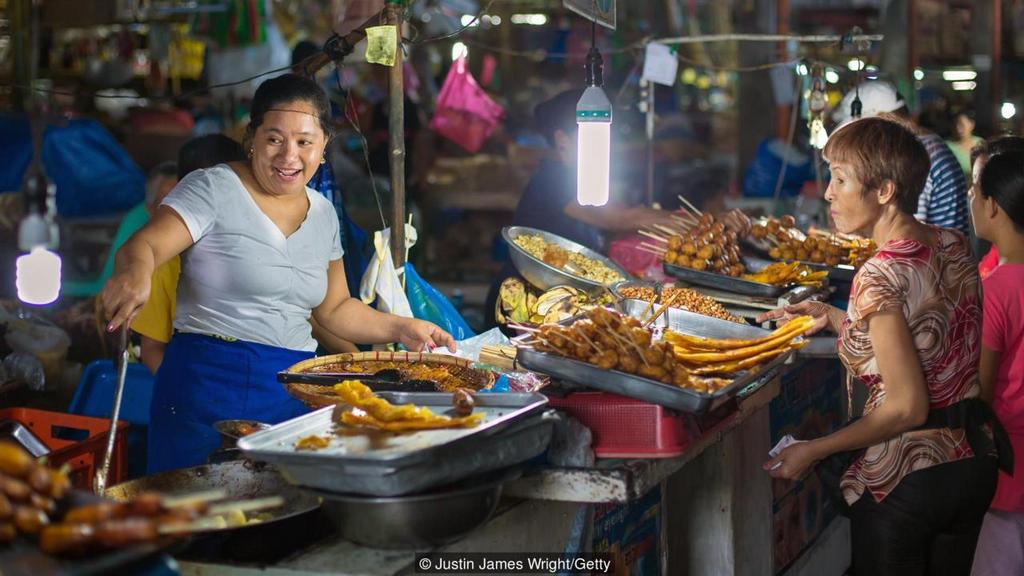
The culture is very family-oriented, hospitable and warm. “People smile and are always friendly to most strangers, especially expats,” Cababan said. Cebu City, the country’s first capital and located in the central islands, is a popular landing spot for expats, due to its commerce and its close proximity to both the beaches and the mountains.
Guatemala
This Central American country ranked high in the index, and Portuguese blogger Zara Quiroga, who currently lives in Antigua, Guatemala, was not surprised.
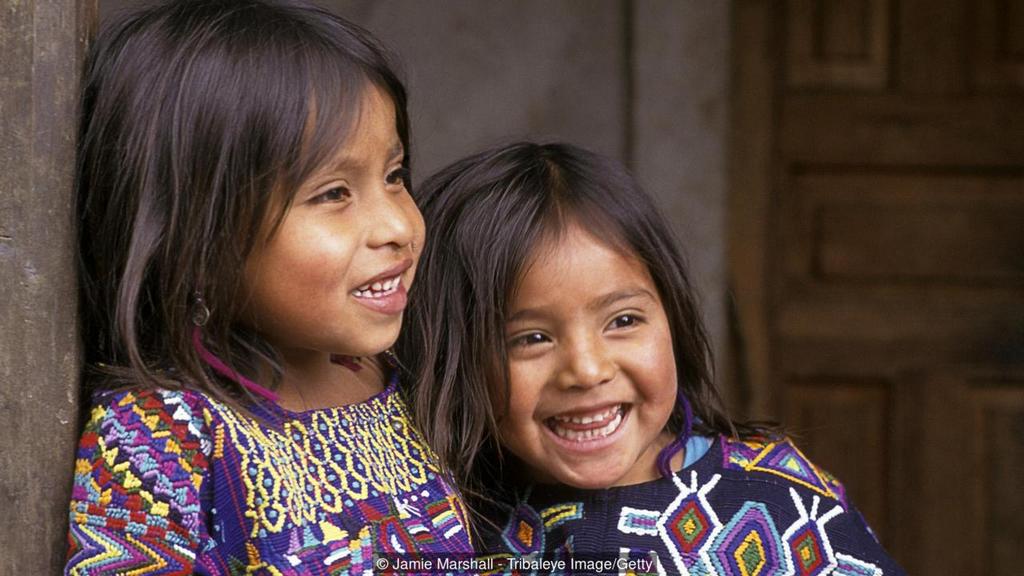
“People in Guatemala are very welcoming and expressive,” she said – even to the point where they easily share intimate personal details with newcomers.
“One afternoon roaming around Antigua, I met a lady weaving textiles. Even though she initially approached me to sell something, in less than 30 seconds, the conversation turned personal and emotional,” she explained. “In a five-minute chat, the conversation covered such a spectrum of emotions! From the time she almost faced death, to when her daughter had her first kid, to these days when she thinks living in Antigua is simply a blessing. To be honest, I can’t picture such an in-depth and emotional conversation with someone I just met in many other parts of the world.
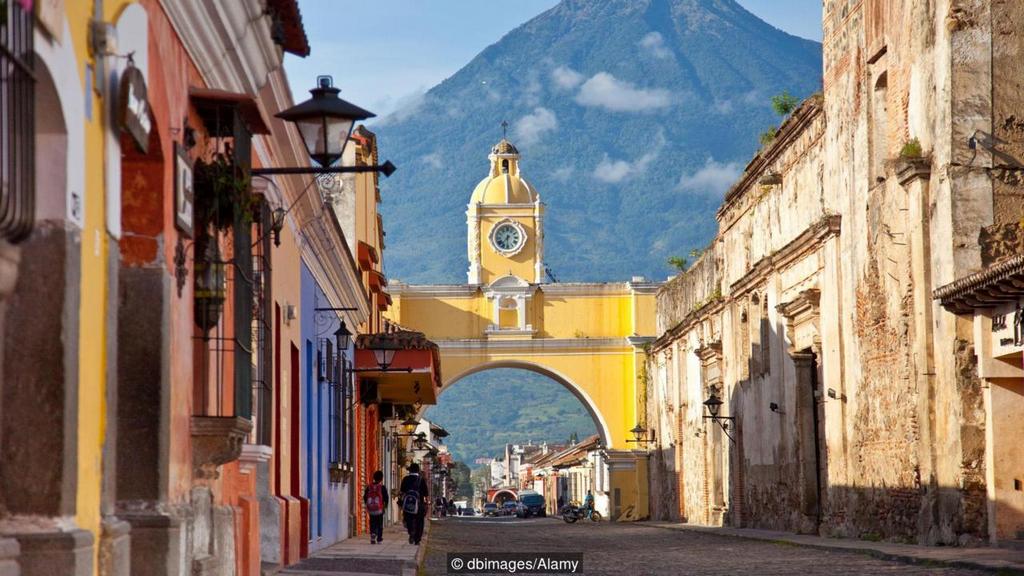
The country’s emotions are also reflected in the rich colours seen in day-to-day life; decoration and clothing are never too simple, Quiroga said. The fabrics, style of dress and brightly painted houses express this strong point of view.
Expats, which include many digital nomads and retirees, tend to live in Antigua, located in the central part of the county, which is safer than the capital of Guatemala City. Though less than an hour apart, “Antigua is much prettier, safer and easy to navigate,” Quiroga said.
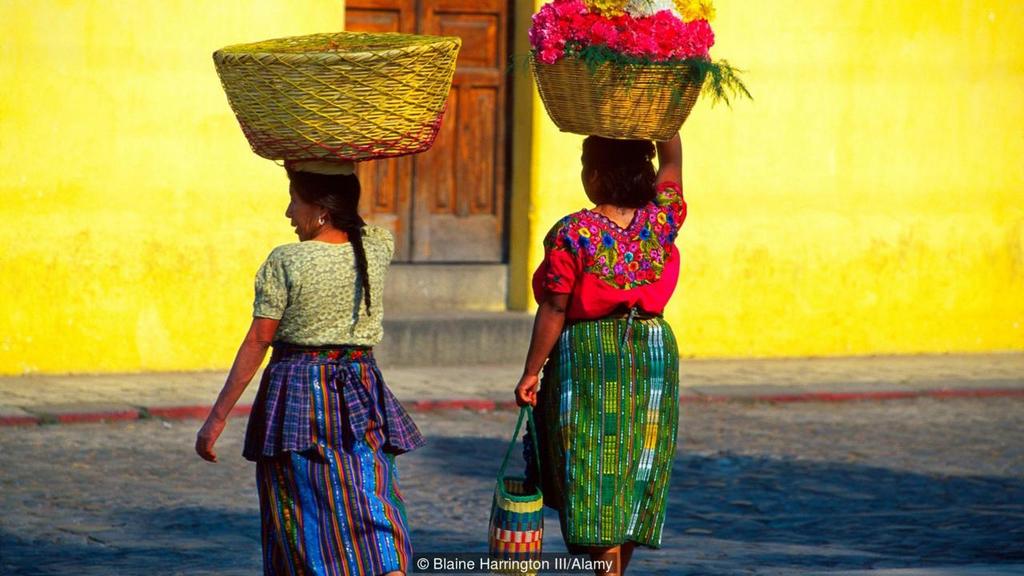
Iraq
While world events certainly influence the emotional experience here –particularly on the negative index – Iraq has a long history of being an emotional country.
“Back in 2009, before all the destruction, I visited Syria and was amused to learn that Syrians call sad music ‘Iraqi music’, because our music is almost always sad,” said Wael Al-Sallami, originally from Babylon, Iraq, and now a software engineer at Weebly in San Francisco. “Sadness, more so than happiness, is deeply ingrained within the culture.”
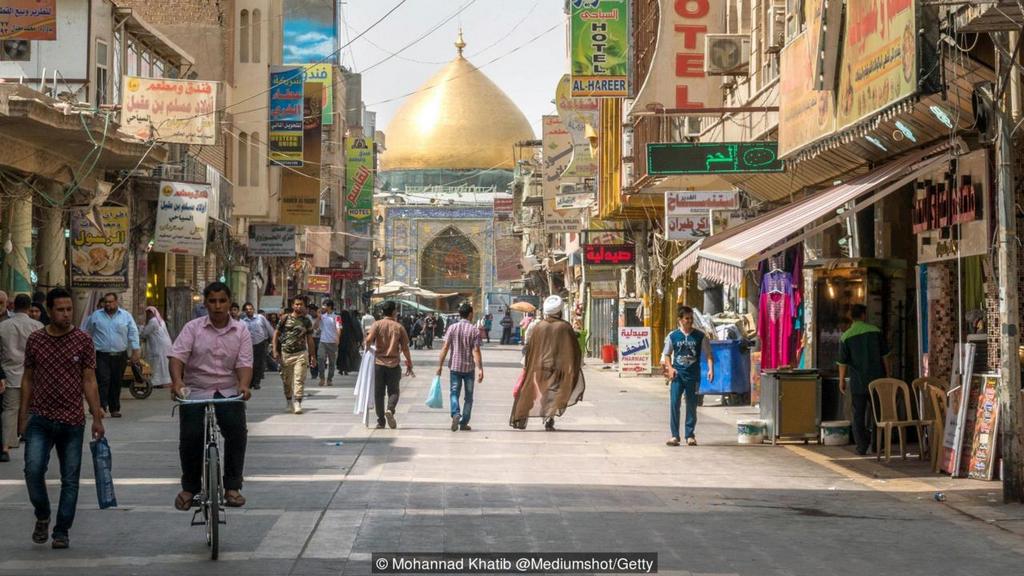
This surfaces in mourning rituals, particularly in the middle and southern parts of the country where a majority of the Shia population lives. Factors like the rule of Saddam Hussein and foreign involvement have also led to challenging emotions.
That said, poetry and a good sense of humour are both defining aspects of Middle Eastern and Arab countries, said Al-Sallami, and while Egypt may take the ultimate crown in the humour department, he ranks Iraq as one of the highest for its poetry.
Westerners who move to Iraq should settle in the Kurdish part of the country. “The Kurds manage their own regional government and maintain a fairly secure part of the country,” Al-Sallami said. “It’s beautiful there too, very green and quite pleasant actually.”
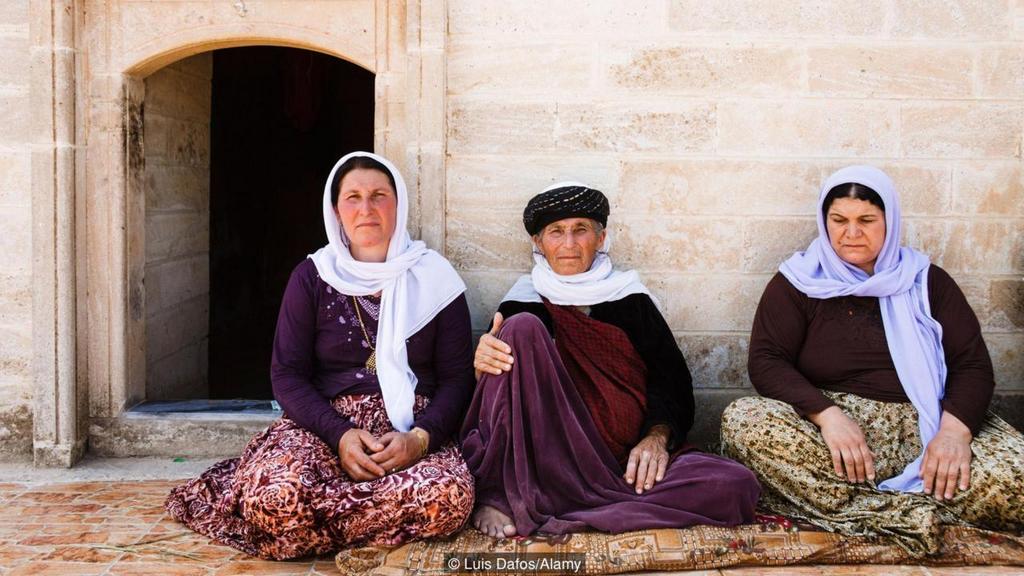

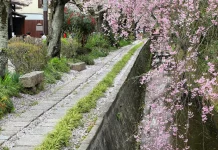




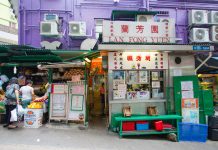
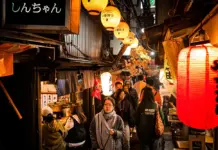




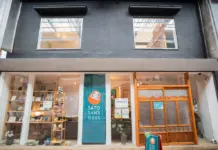










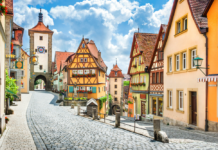






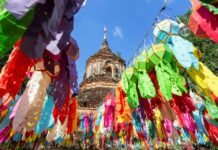

![10 best airports in Asia in 2016 [RANKED] kuala-lumpur-international-airport-best airports in asia in 2016 by skytrax ratings](https://livingnomads.com/wp-content/uploads/2016/08/29/kuala-lumpur-international-airport-best-airports-in-asia-in-2016-by-skytrax-ratings-218x150.jpg)



















